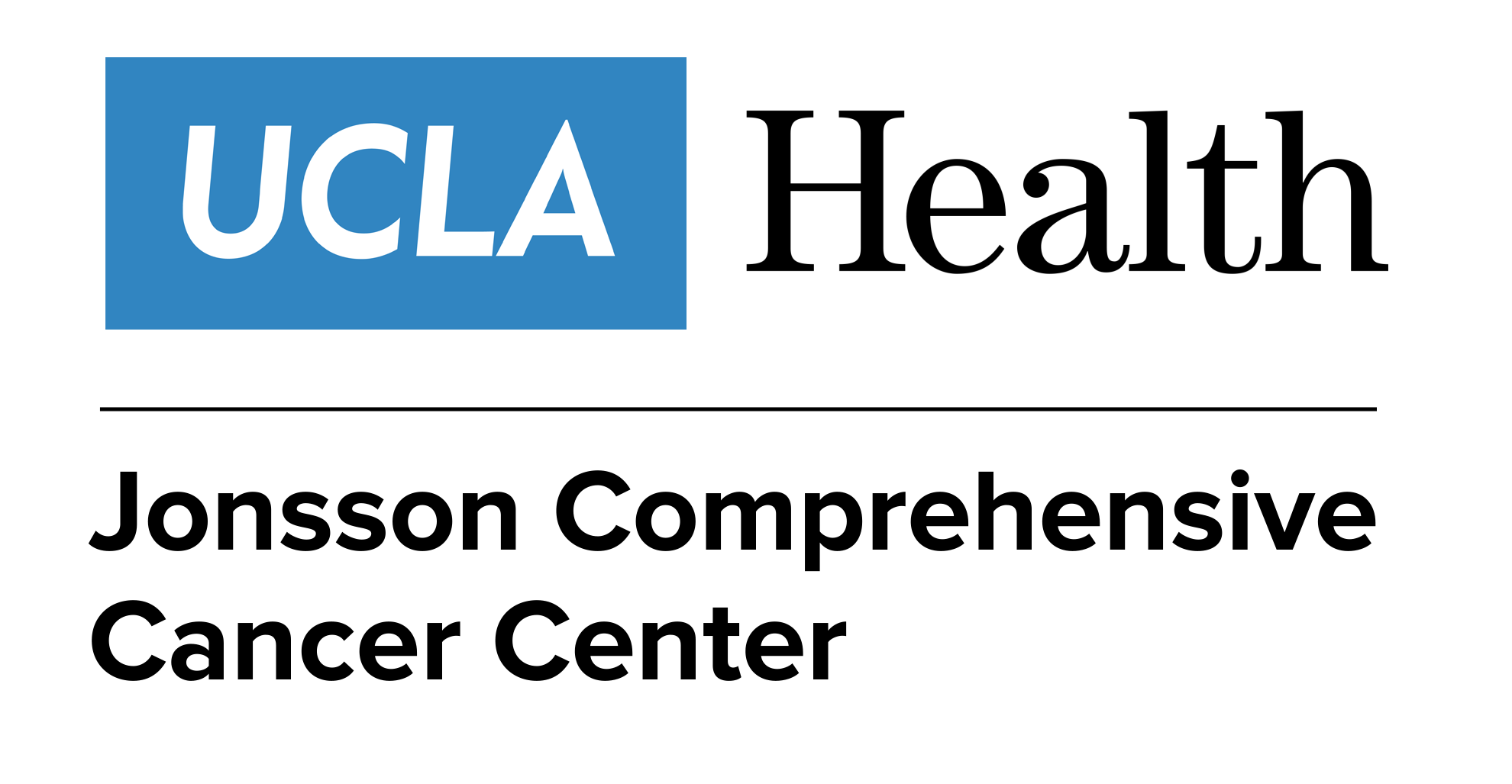- Advertise
- About OncLive
- Editorial Board
- MJH Life Sciences brands
- Contact Us
- Privacy
- Terms & Conditions
- Do Not Sell My Information
2 Clarke Drive
Suite 100
Cranbury, NJ 08512
© 2025 MJH Life Sciences™ and OncLive - Clinical Oncology News, Cancer Expert Insights. All rights reserved.
Dr. Hurvitz on the Expanding Metastatic HER2+ Breast Cancer Treatment Arsenal
Sara A. Hurvitz, MD, discusses the expanding HER2-positive metastatic breast cancer treatment arsenal.
Sara A. Hurvitz, MD, director of the Breast Cancer Clinical Research Program and co-director of the Santa Monica University of California Los Angeles (UCLA) Outpatient Hematology/Oncology Practice, as well as an assistant professor of medicine in the Division of Hematology/Oncology of the David Geffen School of Medicine at UCLA, discusses the expanding HER2-positive metastatic breast cancer treatment arsenal.
Over the past year or so, several agents have emerged in the paradigm, according to Hurvitz. In December 2019, the FDA approved single-agent fam-trastuzumab deruxtecan-nxki (Enhertu) for use in patients who had received 2 or more prior HER2-based therapies in the metastatic setting. The regulatory decision was based on data from the phase 2 DESTINY-Breast01 trial. Then in February 2020, the FDA gave the green light to neratinib (Perjeta) plus capecitabine for use in the third-line setting and beyond.
A couple of months later, in April 2020, the FDA approved tucatinib (Tukysa) plus capecitabine and trastuzumab (Herceptin) for use in the second-line setting and beyond, including patients with brain metastases. Most recently, in December 2020, margetuximab-cmkb (Margenza) plus chemotherapy received regulatory approval for those who had previously received 2 or more HER2-targeted regimens, at least 1 of which for metastatic disease, concludes Hurvitz.


